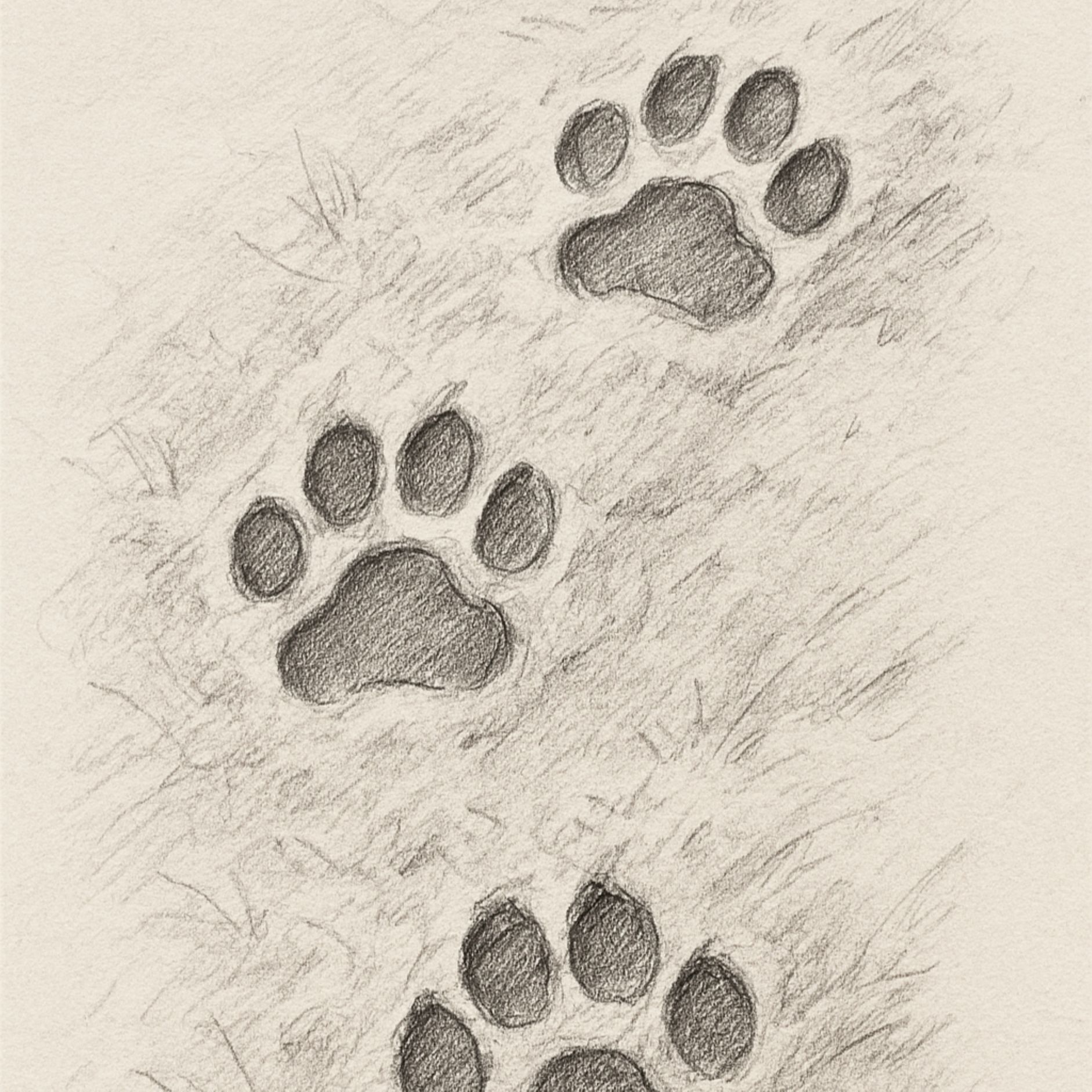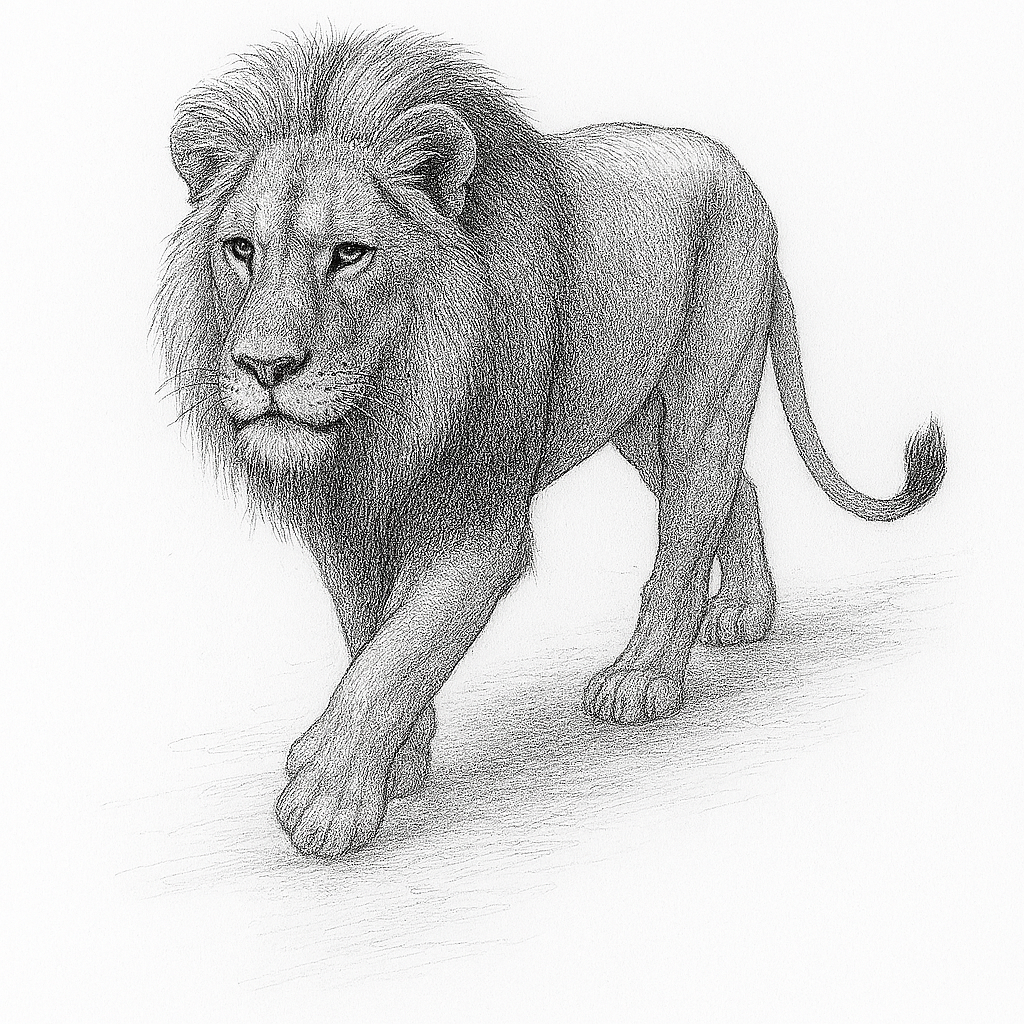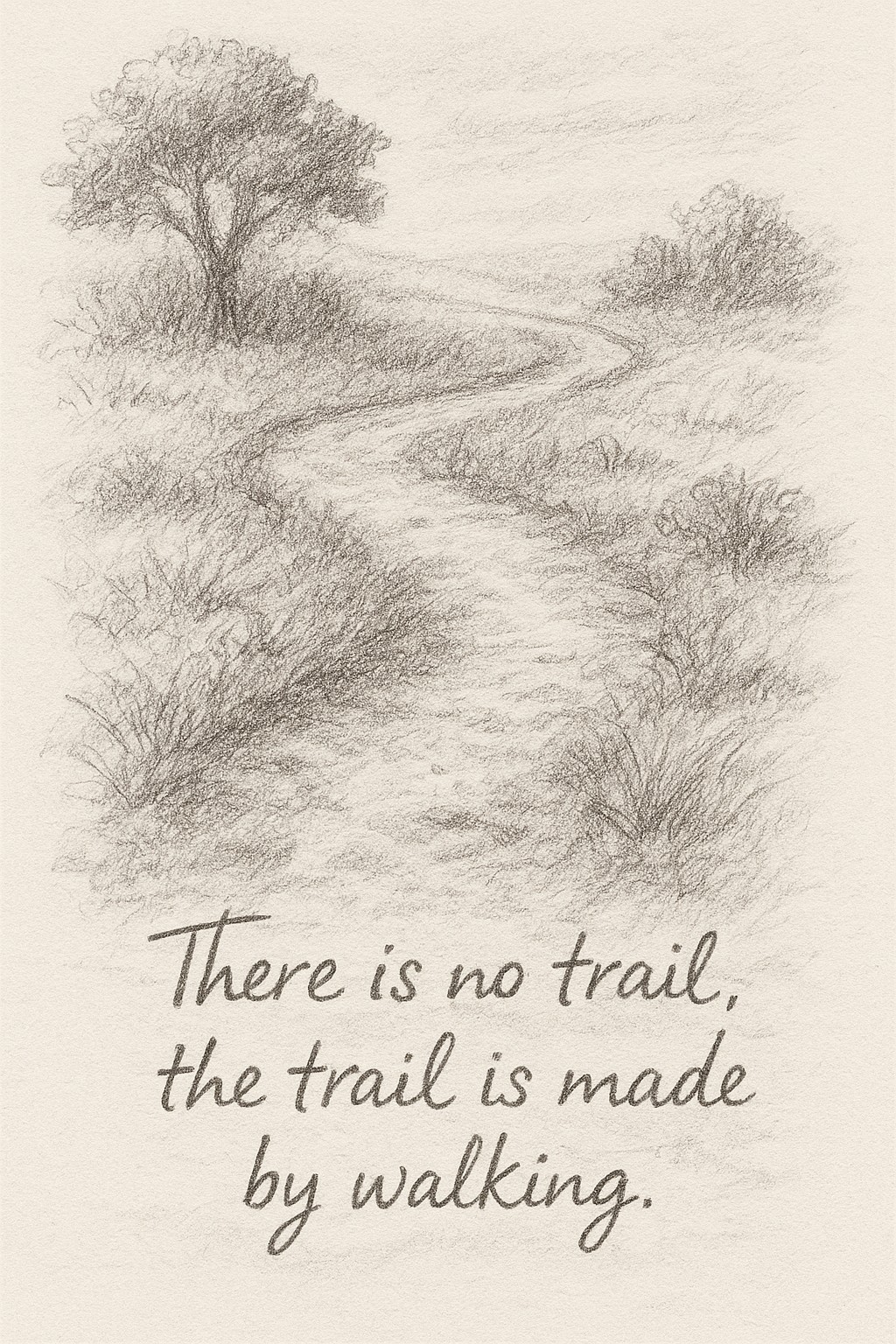The Lion Tracker’s Guide to Life
19 August 2025

This a meditation on wildness and a practical guide to living and leading with courage, presence, and authenticity.
Author of this article: Mark Siedle
Based on the book by Boyd Varty "The Lion Tracker’s Guide to Life"
Boyd Varty’s 'The Lion Tracker’s Guide to Life' is a deceptively simple yet deeply profound book that blends African wilderness wisdom with a universal search for purpose, meaning, and authentic living. Through the metaphor of tracking lions in the South African bush, Varty offers insights that resonate not only with those who love nature but with anyone navigating the uncertainties of modern life, particularly young people aspiring to lead.

At its core, the book is not a linear self-help manual but a parable-like narrative in which Varty joins master tracker Renias and fellow adventurer Alex on a lion trail. Each step in the tracking process becomes a lesson in awareness, presence, and the courage to follow one’s inner calling. The lions themselves become both literal and symbolic — representing the wildness and authenticity within us, and the path of discovery that leaders must walk if they are to live true to themselves.
Tracking as a Metaphor for Life and Leadership
Varty explains that tracking lions is never about certainty. A tracker reads subtle signs — a bent blade of grass, a faint footprint, disturbed soil — and interprets them as clues that point toward but never fully guarantee the destination. Likewise, life offers only fragments of direction. For young leaders, the message is clear: there is rarely a full map to success, only the willingness to notice small signs, follow them, and adjust as reality shifts.
As Varty writes:
“I don’t know where I’m going, but I know exactly how to get there.”
This paradox encapsulates the essence of leadership in uncertain times. Leaders often cannot see the end destination, but by being attentive to the next right move, they can guide themselves and others forward. This quote is especially valuable for coaches working with young leaders, who may feel paralysed by the pressure to have all the answers. The lesson is that clarity emerges from movement, from trusting the process, leaning into their instincts, and taking the next step.
Presence, Awareness, and the Inner Compass
Throughout the book, Varty emphasizes that tracking requires deep presence. In the wilderness, losing focus for even a moment may mean missing the trail. Similarly, in leadership, distractions — whether external expectations, ego, or fear of failure — can cause individuals to lose sight of what truly matters.
Varty encourages cultivating an “inner tracker,” a state of heightened awareness where intuition and instinct are trusted alongside rational thought. For aspiring leaders, this is a reminder that leadership is not solely about analysis and strategy but also about sensing opportunities, reading people, and trusting inner wisdom.
Another Varty quote: “You can’t think your way to a calling. You have to follow the inner tracks of your feelings, sensations, and instincts.”
Learning Through Not Knowing
A recurring theme in the book is the value of “not knowing.” For many young leaders, uncertainty is uncomfortable. They are conditioned to provide answers, to project confidence, and to prove themselves. Yet Varty insists that real growth comes when we admit we don’t know and remain open to discovery.

The master tracker often pauses, reassesses, or even circles back when the trail is lost. To an observer, this might appear like failure, but to the tracker it is part of the process. This lesson is profound for leadership: progress is not a straight line, and leaders must normalize course corrections without shame.
One of Varty’s most powerful lines is:
“There is no trail, the trail is made by walking.”
For young leaders, this reframes leadership as creative exploration rather than rigid execution. Their path will not look like anyone else’s, and that is not a flaw — it is the essence of authentic leadership.
Courage, Fear, and Stepping Into the Unknown
Lions are both magnificent and dangerous, and tracking them requires courage. Varty uses this as a metaphor for facing one’s fears in life. Young leaders often confront lions of their own — fear of failure, fear of judgment, or fear of stepping outside convention. Varty argues that growth requires stepping into this unknown space, the concept of ‘first tracks’ where early steps are often messy and uncertain. Courage is not the absence of fear but the willingness to move forward alongside it.
As he puts it: “A tracker never knows exactly where he is going, but he is never lost.”
This quote reinforces that as long as leaders remain attuned to their values and pay attention to the signs around them, they can trust themselves to find the way. Coaches can use this to remind young leaders that uncertainty does not equal incompetence; it is the natural terrain of leadership.
Living Authentically
Perhaps the deepest lesson of the book is about authenticity — living a life aligned with one’s deepest truth rather than external expectations. Varty describes how trackers are guided not by rigid plans but by trust in what is revealed along the path. In the same way, leaders must resist the temptation to conform to pre-written scripts of success and instead create lives and careers that are congruent with who they really are.
This resonates strongly with younger generations entering leadership roles. Many aspire not only to achieve but to do so in ways that feel meaningful, ethical, and personally authentic. Varty’s storytelling reassures them that leadership is not about perfection but about staying connected to one’s own track.
Application for Leadership Coaching
For leadership coaches, *The Lion Tracker’s Guide to Life* provides a language and metaphor that resonates powerfully with leaders, especially young leaders, who are navigating ambiguity, ambition, and identity. The imagery of the tracker in the wild offers a framework for conversations about resilience, presence, courage, and authenticity.
Leadership coaches working with leaders can draw on Varty’s insights to:
- Encourage intuitive decision-making and embodied leadership
- Reframe uncertainty as a creative force
- Help clients identify their “first tracks” and take action
- Foster a deeper connection to values, energy, and purpose
- Support the development of authentic leadership styles---
Conclusion
Boyd Varty’s *The Lion Tracker’s Guide to Life* is both a meditation on wildness and a practical guide to living with courage, presence, and authenticity. Its lessons are invaluable for young leaders who may feel pressured to have all the answers but are instead invited to see leadership as a process of attentive, step-by-step tracking. The book’s wisdom is not about arriving quickly at a destination but about learning to trust the path as it unfolds — a lesson that can shape the next generation of leaders into resilient, grounded, and visionary individuals.
#leadership #leadershipcoaching

